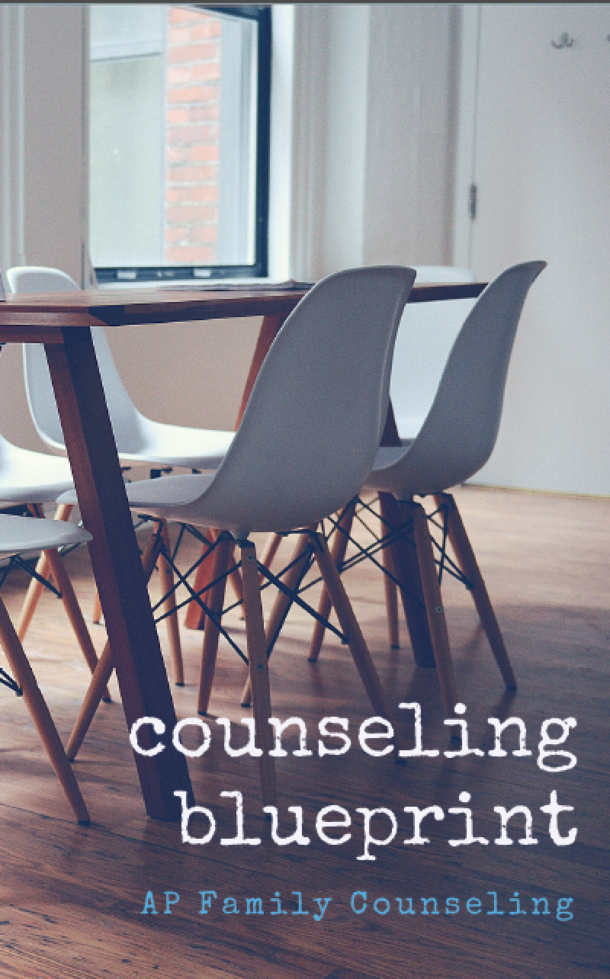Strategies for Improving Your Mental Health
By Emily Graham is the creator of Mighty Moms.
In many ways, these are the best days ever. We enjoy technology and luxuries our ancestors of only a century ago could barely imagine, including indoor plumbing, on-demand entertainment and cheap, instant communication with virtually anyone in the world. However, as Tech Arrival notes, some of these advances have come at a steep price in terms of our collective mental health. Depression (known in Victorian times as melancholia) and stress (which went by many names back in the day) are at epidemic levels.
The good news is that we as individuals can take many steps — including those presented below by AP Family Counseling — to reduce stress in our lives and even ease depression without medication. And as we do that, we will find that we are more effectively able to help others.

Image from Pexel
Feeding Mind and Body
Science has long recognized the symbiotic relationship between body and mind. Simply put, whatever we feed one cannot help but affect the other. By regularly feeding our minds the horrific news of the day and listening to the complaints of others, it is easy to get pulled into chronic depression and anger. Eventually, a steady diet of negative sensory input begins to impact a person’s physical health by lowering disease resistance and even making them more accident-prone. It is important to be selective about what we allow into our consciousness. This does not mean one shouldn’t have compassion for others, but it’s important to set boundaries and not take on others’ pain and distress.
Likewise, a healthy body supports a healthy mind. Start by cutting out refined carbohydrates, especially sugar, and resolve to consume larger amounts of fresh fruit and vegetables. Likewise, be mindful that alcohol, while releasing inhibitions and perhaps providing temporary “fun,” is a depressant—not to mention the havoc excessive amounts can wreak on the liver as well as brain cells.
The Importance of Exercise
Mayo Clinic advises not to forget regular physical activity. Fresh air and sunshine can do wonders for a person’s state of mind, even if it’s just a stroll in the park. Many people find practices such as yoga and tai chi to be helpful and invigorating. This Asian martial art consists of gentle, controlled movement, postures and breathing; it has a meditative component as well, which is a big aid in improving one’s mental health.
Exercise is even more effective when you can do it in an outdoor setting; a number of scientific studies demonstrate that spending time in the natural world (even a green space or a flower garden) can be excellent anti-anxiety therapy. If this isn’t an option, and your exercise time will be spent in your home, be sure it’s conducive to peace and no distractions. A few simple steps like cleaning, decluttering, and even getting a few houseplants can go a long way in this regard. Also open up the blinds and curtains to ensure you’re allowing in as much natural light as possible.
You can also get a companion animal. PositivePsychology.com points out that research dating back to the 1980s has shown that brief periods spent with animals such as dogs, cats and horses can slow respiration, heart rate and blood pressure, so a pet can be a great investment in your mental health and well-being.
Helping Others – Improve Your Skills
Once you are on an even keel, you might look into identifying areas in your work where you can improve. If you are an RN, for example, take a look at what would be required to earn a BSN. In as little as two years, you can expand your knowledge and qualifications, enabling you to earn more while improving outcomes for your patients.
In summary, as you work toward improving your mental health, remember to maintain a healthy diet, get in your exercise, and consider even returning to school to better help others. Also, keep in mind that consulting with a professional is always a good idea.
For individual, couple, and family counseling services, contact AP Family Counseling today!

